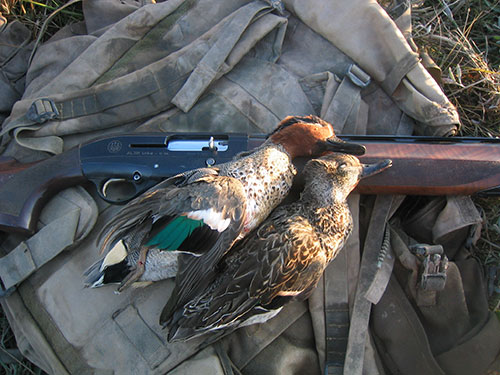 A groundbreaking study, part-funded by the UK’s largest shooting organisation, the British Association for Shooting and Conservation (BASC), has revealed that walking causes 100 times more disturbance than wildfowling.
A groundbreaking study, part-funded by the UK’s largest shooting organisation, the British Association for Shooting and Conservation (BASC), has revealed that walking causes 100 times more disturbance than wildfowling.
The evidence is the result of part of a three year PhD study looking at the effects of recreational disturbance on waterfowl and waders.
Additional evidence in the study, carried out by Catherine Collop from Bournemouth University, shows that wildfowling accounted for just 0.04% of the disturbance activities on Poole Harbour. The impact was deemed so low that research predicted that there would be no impact on the survival of birds even if it was increased by 25 times.
Tim Russell, BASC’s director of conservation, said research into the disturbance of wild birds was important because estuaries and intertidal areas, such as the one at Poole Harbour, provide essential habitat for many species of waterbirds, such as godwits, wigeon, teal and avocets.
He said: “Wildfowling is not widely understood by people who do not shoot. It takes place at very low levels and wildfowlers are very rarely seen. Having new and clear evidence that wildfowling causes minimal disturbance will be important in future discussions with statutory conservation agencies about wildfowling.
“We are very grateful to Catherine for carrying out this work and for the support provided by Bournemouth University. BASC will continue to insist that decisions about shooting are based on sound evidence.”
Dr Matt Ellis, BASC’s scientific adviser, and supervisor of the PhD, said: “I am pleased that BASC is at the cutting edge of research in this field. No one else is doing this work at this level. This is ground breaking research that could revolutionise the way in which key wildfowling and waterbird sites are managed and how we understand the impacts of disturbance.”
ENDS
The thesis will be available online later this year, along with published papers and a summary of the research findings.